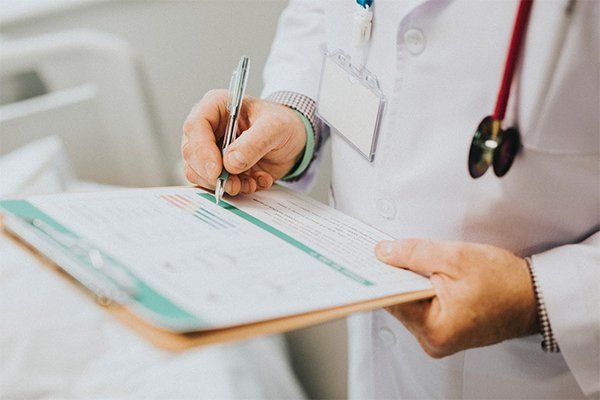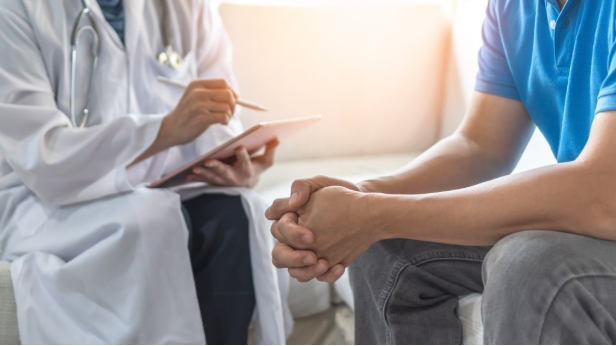What Do You Need to Know About Hemorrhoids?

Hemorrhoids affect millions of Americans, according to the American Society of Colon and Rectal Surgeons (ASCRS). If you suspect
hemorrhoids are the source of your pain, discomfort, or unusual symptoms, take a look at the top questions patients have about this common condition.
What Are Hemorrhoids?
The first step to healing your hemorrhoid pain is understanding the problem. Unless you've had hemorrhoids previously or have a doctor's diagnosis, you might not even know you have the condition.
Hemorrhoids are enlarged blood vessels that bulge in or around the anus or lower rectal area. It's possible to have external hemorrhoids near the outside of the anus or internal hemorrhoids that form inside the anal opening. In some cases, internal hemorrhoids can prolapse(slide) to the exterior.
What Are the Symptoms of Hemorrhoids?
The severity of hemorrhoid symptoms ranges from minimal to severe, depending on the size and placement. Common signs include:
- Pain. Patients often experience some level of discomfort in the anal area. If you feel constant pain (especially when coupled with other symptoms), a doctor's visit is typically necessary.
- Swelling. You may have visible swelling near the anus with an external hemorrhoid.
- Itching. Along with pain, some patients experience itching in the area.
- Bleeding. Some patients experience bleeding during bowel movements. Hemorrhoids are not the only cause of this symptom. It's important to contact your medical provider as soon as possible if you see blood in your bowel movements.
If you're not sure whether your otherwise unexplained symptoms are hemorrhoids or another issue, a healthcare provider is needed to make a diagnosis.
When Should You See a Doctor?
Some patients prefer to see the doctor immediately after any level of discomfort starts, and others are more reluctant to do so. If your symptoms worsen or don't resolve on their own, make an appointment with your doctor. If your symptoms get in the way of daily life(causing you to miss work, school, or other obligations), seethe doctor immediately.
Again, blood in bowel movements is another reason to call the doctor right away. The sight of blood in your stool can cause understandable anxiety. Instead of worrying about the problem, visit the doctor for a full exam and diagnostic tests.
What Causes Hemorrhoids?
Understanding the cause of your hemorrhoids may help you to prevent a repeat occurrence. Common causes include pregnancy, constipation (straining to have a bowel movement), overuse of laxatives or enemas, chronic diarrhea, or aging.
Heredity may also play a role in developing this condition. This, along with some other causes (such as aging) are often unavoidable issues. If you have a genetic predisposition toward developing hemorrhoids, then avoid straining during bowel movements, overdoing it with laxatives or fiber, and other preventable risks.
How Do You Treat Hemorrhoids?
While there are at-home hemorrhoid treatments, a first-time sufferer needs to visit a doctor fora diagnosis. Not every treatment works for every patient. If you don't know what type of hemorrhoid you have or which treatment option will work the best for your individual needs, don't waste time and money on over-the-counter cures.
A severe hemorrhoid or one that forms a clot may require surgery. The doctor may remove the hemorrhoid surgically, use rubber band to cut off the blood supply, or shrink internal hemorrhoids with staples. The specific surgical strategy the doctor chooses depends on your hemorrhoid and your overall health.
If surgical treatment isn't needed, the doctor may recommend life style changes (such a seating a more nutritious diet), adding fiber to your diet, drinking more water, or taking sitz baths.
Do you have a hemorrhoid? Contact Kentuckiana Gastroenterology&Paramount Surgery Center for more information.

















